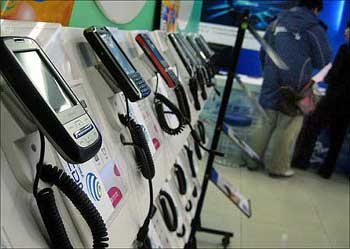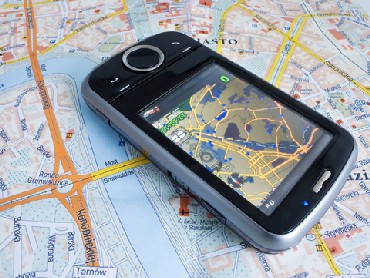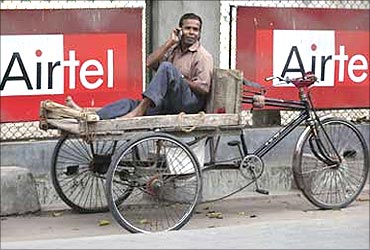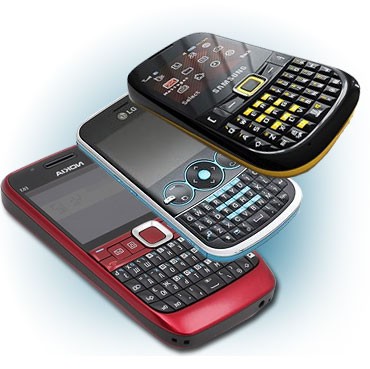
The dual-SIM handsets market in India is set to grow at a steady pace despite mobile number portability, say industry experts.
The group of home-grown handset manufacturers, who had tasted success with dual-SIM phones, had initially put up an opposition to the introduction of number portability, wary of losing out on business under the new regime.
. . .

MNP allows consumers to shift operators without changing their numbers.
The cloud of uncertainty now seems to have disappeared, and the Pied Piper-like exodus of subscribers from one network to another has had no effect on the popularity of dual-SIM mobile phones.
"Now, it is just a matter of convenience rather than revenue plans. Tariffs have stabilised across the industry and are similar across operators.
"Therefore, MNP will not have a negative impact on handset sales," said Sudhir Kumar, national sales manager at Intex Technologies.
. . .

For Intex, 40 per cent of its total sales is from dual-SIM handsets. The company is planning to launch six more models by March-end.
Uniform tariffs have also not affected the sale of dual-SIM handsets and the market is growing at a steady two-three per cent every month.
Dual-SIM phones contribute to about 20-22 per cent of total sale of handsets. Indian handset makers entered the market following the success of Chinese dual-SIM phones.
The phones were so popular with domestic consumers that even industry majors like Samsung and Nokia joined the bandwagon.
. . .

According to experts, dual SIM handset sales are being driven more by the need to have two phone numbers and not two different operators.
Two SIMs are used by many for various reasons: For example one can have a corporate connection, which is billed to his office and a number for personal use.
"These handsets are used by those consumers who travel extensively, use another SIM for international roaming but do not want to switch off their original number.
"People who regularly travel between two circles also use two SIM cards. Some subscribers also use two connections -- one for pre-paid and another for post-paid," said Mrityunjay Kapur, country head, Protiviti India.
. . .

Subscribers use two SIMs to tackle network quirks too.
"Network of one operator is strong in one area and weak in other areas, so people use two SIMs. Some just keep another number as a standby just in case something goes wrong," said Kumar.
Over time, demand for dual-SIM handsets at various price points has also increased. While value for money was the primary reason to buy a dual-SIM phone, consumer demand is slowly making the manufacturers realise the need for feature-rich products.
. . .

Samsung has introduced 12 dual-SIM handsets, including touchscreen phones that cost Rs 15,000 or more.
The Korean company, which plans to add two more models to this range says that the trend of growth in this area will continue.
"We hope with 3G coming in, demand will increase because dual-SIM handsets can also be used by subscribers who use different SIMs for data surfing and another for voice calls," said a company spokesperson.